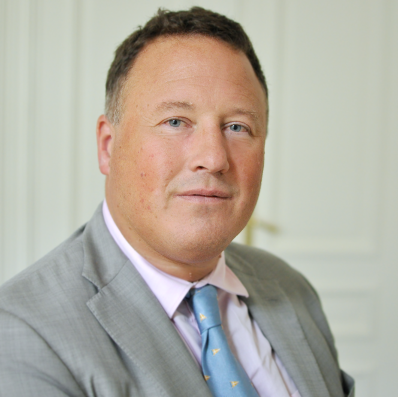Meetings in Brussels and Washington DC illustrate that even the most nationalist of governments can see the value of international cooperation on health. And that even the most internationalist put some limits on it.
The governing body of WHO’s Region of the Americas has been meeting in Washington DC this week. After President Trump’s address to the UN General Assembly earlier this month some delegates may have anticipated an equally dramatic US speech to this body. Instead, the opening speech by Dr Thomas Price, US Secretary of Health and Human Services was reasonably diplomatic and received polite applause.
“One of the lessons we took away from the World Health Assembly [in May], and that we hope the whole world took from the Ebola crisis, was the need for a strong WHO…. Having met and spoken with Dr Tedros several times now, I know he is committed to WHO reform and making WHO the organisation we all need it to be.”
These words could have been spoken by the health minister from an EU Member State. Or indeed one of Latin American democracies at the Washington DC meeting.
Dr Price said the Ebola and Zika epidemics showed how “infectious diseases do not respect boundaries”. He pledged the Trump administration’s support for efforts to strengthen health security and emergency response in the Americas, and worldwide.
Dr Price was indirect and brief (i.e. very diplomatic) in addressing areas where the Trump administration may disagree with WHO Director-General Dr Tedros and his policy agenda.
“Thinking back to the World Health Assembly [in May]…. [and over recent months]… it has been striking the amount of time, energy and resources that are spent on highly contentious issues that do not support the core mission of WHO”
This was a polite way of saying the Trump administration disagrees with pretty much everything WHO does beyond responding to emergencies, fighting infectious diseases and preparedness against pandemics and other international health threats. Notions such as “health equity”, “health as a human right” and (especially) “universal access to healthcare” may be uncontroversial in other parts of the world – see my recent blog about WHO’s Regional Committee for Europe. But in the Trump administration and among Republicans in the US legislature they are, at best, controversial and, at worst, distinctly un-American. And this is before we look at “edgier” topics such as the health impact of Climate Change (What Climate Change?), restricting the marketing of tobacco, alcohol and junk food (Hands off our freedom of speech!!) or violence as a public health issue (Hands off our guns!!!!).
Back in Europe, Dr Vytenis Andriukaitis convened his long awaited summit meeting to discuss the “pesticide in eggs” food safety scandal of this summer (see my blog on this from August). EU Member States are united in a border free Single Market. Over the years they have come to recognise that a food safety problem in one EU country quickly impacts consumers and producers across the EU. The meeting therefore produced a practical and sensible list of measures to improve the safety and integrity of food products across the EU. It included things like improving linkages between the EU alert systems for food safety and criminal food fraud, proposals for better coordination and information sharing between governments and better coordination of risk communication to the public (click here for the full set of conclusions). Much to the disappointment of journalists and bloggers, though, the European Commission made no attempt to politically embarrass Belgium and The Netherlands – the two Member States at the heart of the “pesticide in eggs” scandal. In theory, the Commission could threaten legal proceedings against these countries if they had failed to live up to their obligations under the EU’s food safety laws. In practice, though, this power is very rarely used in the area of health and food safety cooperation. Answering a question from the German broadcaster ZDF immediately after the meeting Commissioner Andriukaitis confirmed that legal sanctions were not on his agenda.
Dr Andriukaitis did not say as much, but clearly this was a political fight the Commission wanted to pick. Even in the EU, governments guard their sovereignty over health matters. Health cooperation has its limits.
